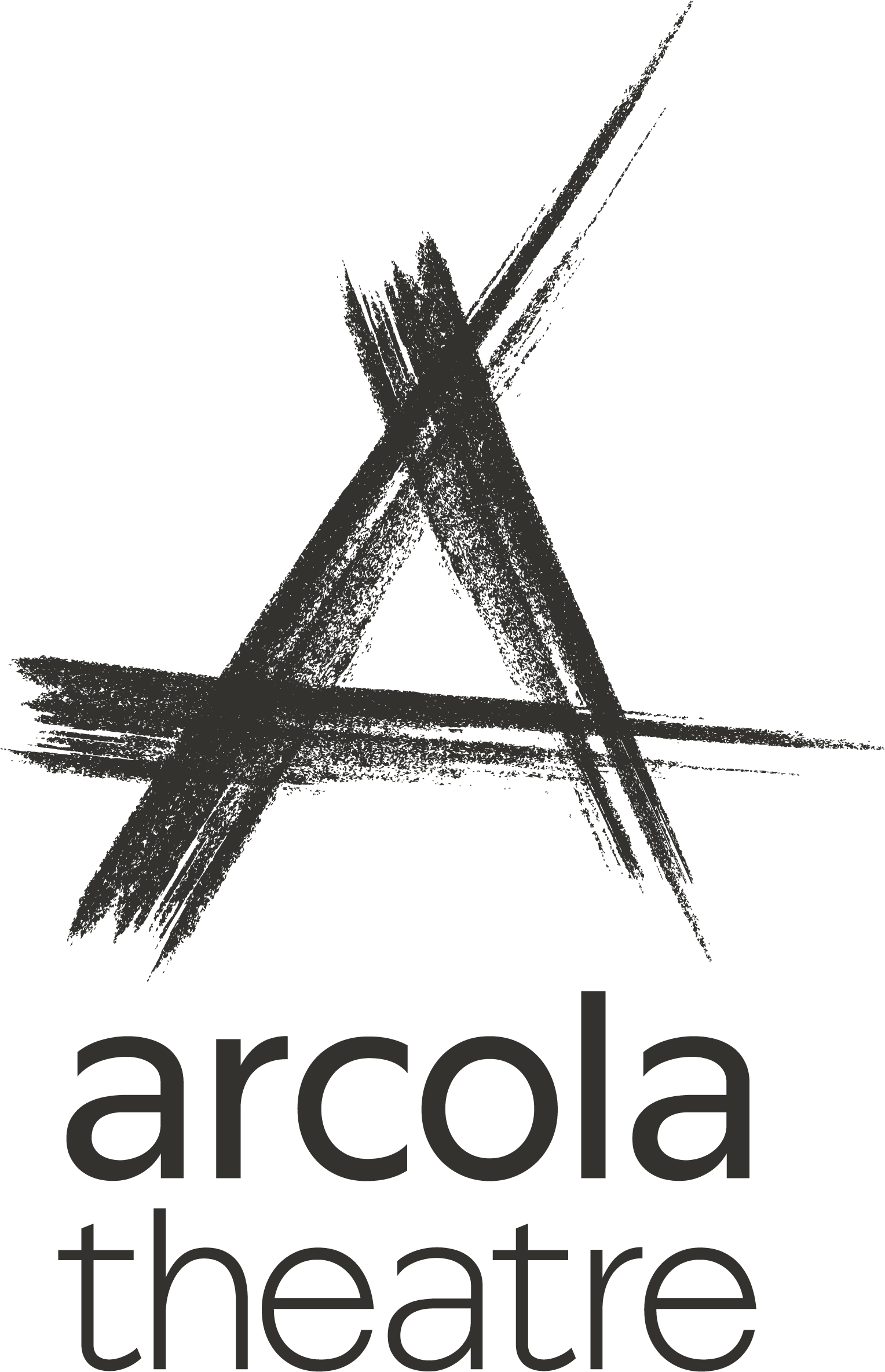Ahead of his major new production of The Cherry Orchard, Artistic Director Mehmet Ergen discusses the play and its salience on the hundredth anniversary of the Russian Revolution.
What are the main themes you are seeking to bring out in The Cherry Orchard?
Change; change in society. What’s fascinating about Chekhov is that he’s writing about major change in his own time, but in the subtlest of ways. The Russian Revolution is some way off, and the biggest changes are yet to be fully realised or defined, but you can feel change in the air. I think that chimes with the mood now. With the Austrian elections, Turkish elections, Brexit, Trump – we can sense something enormous is going to happen, but we don’t yet know what it is. It’s something elusive, but very powerful. Chekhov puts his finger on that.
Is the play relevant to today’s Russia?
Russia today is a very different society, but the power struggles remain. On a simple level, having property, desiring property, and then losing it – that’s always relevant. And it’s the massive contradiction in revolution: we want an equal society and for everyone to have everything, but we also want things just for ourselves, and we want things that are better than what everyone else has. There’s also the added burden of acquiring things from your past. ‘I don’t want to leave this house because it was my grandfather’s.’ People imbue things with their own histories and their own heritage, and they attach a kind of nostalgic longing. I think it’s always there, and always relevant.
How are women portrayed in the play and in this production?
Working women are very strong. It’s a common theme in Chekhov’s plays, that people survive by busying themselves with work that is worthy. That provides a constancy and stability. The men change more, but they’re shown up as quite weak. Like Lopakhin – after becoming the owner of the estate, after coming into money, he just cannot bring himself to propose to Varya. I think Chekhov writes fantastic parts for women, and we’re very fortunate to have Sian Thomas, Jade Williams, Pernille Broch and several other fantastic actors in our Revolution Ensemble to play those parts.
What style are you bringing to the play?
There’s often a very stifling atmosphere in Chekhov productions: a lot of wood and laces and samovars and supposedly ‘authentic’ things. We will try to get away from all that. This production will be starker and more minimal in style, because I think that will help reveal the play for what it is, and put focus on the characters and relationships and the drama.
What’s so special about the writing?
It’s so subtle and clever, and yet it works everywhere – every nation, every culture, every religion. The scene where Varya knows Lopakhin is supposed to propose to her: she comes in, pretends she’s looking for something, and they talk about the barometer being broken and the distances between villages. They talk about everything except their relationship, and yet everyone in the audience knows that it’s a scene about their relationship. That is just masterful writing. A scene might be about the things people are saying – but also the things they’re not saying, or something else entirely. In The Cherry Orchard, the repercussions of that are wide-reaching and incredible.
Can the play teach us anything about today?
I think both The Cherry Orchard and Gorky’s The Lower Depths, the other Russian play in our Revolution season, have a real salience today. They show the pressures placed on people by the direction of their society, and the risks of people being left behind. The characters in The Lower Depths are impoverished in a shelter in Nizhny, but it could just as easily be a homeless shelter in London, or the Calais Jungle. Today we’re paying hundreds of thousands of pounds in wages to CEOs while there are more and more people in homeless shelters, begging on the street, displaced in refugee camps, in the most desperate situation. For how much longer can that be sustained? Revolutions take a huge toll, but every so often, people seem to conclude that the toll of the status quo is greater. Perhaps that explains Brexit. It’s what comes next that’s vital, however – and Chekhov and Gorky knew that. Their plays herald the last straws, and the new beginnings. Be it hopeful or dreadful, change is in the air.
This interview originally appeared in Children’s Theatre Magazine.


Saw this excellent production on 16th. Very fresh and original approach, humour worked very well and timing beautiful. We discussed it for ages afterwards and it was interesting how differently people perceived it. I would say it was timeless, as relevant today as ever in its perception of how people feel and behave, and the faint intimations of revolution both thrilling and sinister. Well done Arcola!
It’s a really outstanding production in many ways –acting, casting, direction — but the Russian pre-revolutionary context which Mehmet says is important gets lost. The decision to place the characters in modern British-style dress is at odds with the text which keeps the play in Russia. Stripping out the samovars is tempting but wrong. Plays like those of Chekhov and Ibsen acquire a universal meaning when they are staged with fidelity and respect for the time and place when they were written. You can do Chekhov with little or no set (Donnellan does it well) but to realise the class distinctions that are so important in this play, you must keep the period costumes and the Russian context. Modern dress just dilutes these tensions. http://blackpig.typepad.com/john_morrison/2017/03/mehmet-ergens-cherry-orchard-at-the-arcola.html